Mike Dennis (Wolverhampton) p.46-73
2007 Issue 2
Abstract
Newly declassified archival sources, fans’ recollections and recent research monographs have been drawn upon to trace the frequent restructuring of GDR football, the ruling SED’s vain attempts to exploit the popularity of the game to boost the reputation of the socialist system, and football’s success in retaining its position as a beneficiary of the state-run programme for elite sport. Despite the additional generous aid from patrons in industry and the regions, the national team and top clubs made little impact in the World Cup and European tournaments. This was true of the leading club in the 1980s, BFC Dynamo, which derived, much to the annoyance of envious rivals, special privileges as a result of the influence of the powerful Minister of State Security, Erich Mielke. This conflict between clubs, as well as between patrons eager for enhancement in status through links with the country’s most popular sport, was typical of conditions in GDR football and reveals a degree of segmentation of political and social influence not normally associated with the finely-tuned system of elite sport.
